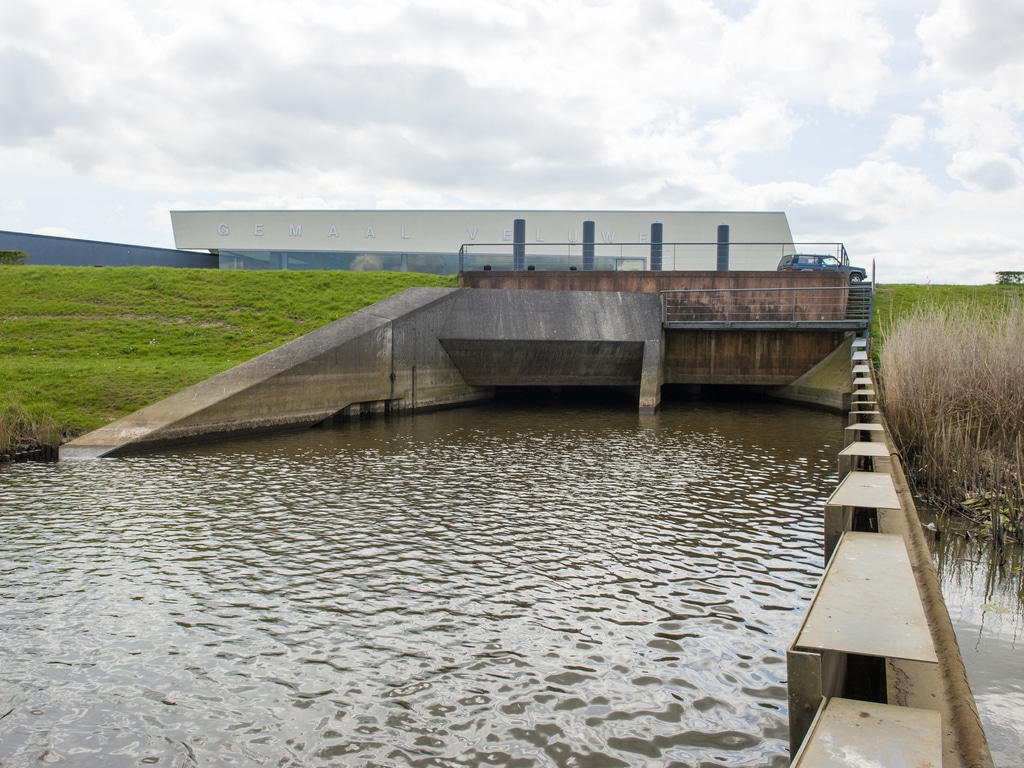It is an initiative that has already provided 1,000 households and 200 livestock in Kericho with access to water. In this county located 80 km southeast of Kisumu, the 3rd largest city in the country, people and livestock now benefit from a water source that generates an average of 100 m3 per day.
“The project was designed with a 20-meter deep retention wall and a spring box with filtering materials through which spring water is pumped through pipes to recovery and washing bays and a cattle feeder. Water is drawn from a high-efficiency spring that takes 44 seconds to fill a 20-liter jerry can,” explains Sammy Kirui, general manager of external affairs for James Finlay & Company, the company funding the project.
The 3 million shillings (just over $26,000) facility also benefits 500 students from schools in Mosore, Kapchelat and Misoi. These schools, located several hours’ drive from Kericho town, face the daily challenge of distance and water shortages.
A constrained supply
The investment of the British firm James Finlay & Company comes in a context where prolonged droughts often force populations to travel more than two kilometers a day to get water from rivers that are usually polluted. This practice exposes them to waterborne diseases such as typhoid and diarrhea.
The situation has also contributed to the development of a commercial activity, that of home water delivery. This involves men using their two-wheeled “boda boda” machines to collect sufficient water from remote water points and then sell it to households. This is a costly method for the people, who are calling on the government to improve the quantity and quality of this resource, which is essential for their domestic and agro-pastoral activities.
Improving water supply
The Kenyan authorities want to achieve universal water coverage by 2030 in accordance with the 6th Sustainable Development Goal (SDG) defined by the United Nations (UN). To achieve this, the Ministry of Water, Sanitation and Irrigation plans to serve 2.7 million people and provide water for irrigation to 14,769 hectares through the commissioning of several water projects in Mavoko, Wamba, Mwache, Bute and Kamumu.
Read also-KENYA: NEMA closes 15 slaughterhouses in Nairobi in response to water
At the same time, a drinking water plant is expected to serve the 85,000 residents of Bungoma County, located 325 km northwest of Nairobi. The facility, implemented by the Lake Victoria North Waterworks Development Agency (LVNWWDA), will have a capacity of 4,000 m3 per day.
Benoit-Ivan Wansi
